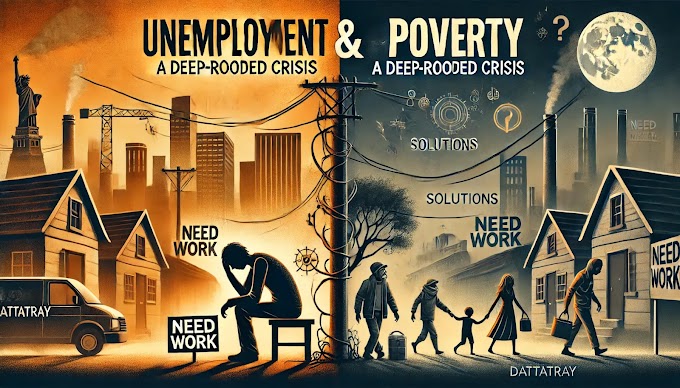The Economics of Taxation
Taxation is an essential part of any economy. It is a tool that the government uses to raise revenue to fund its various functions and programs. Taxes are collected from individuals, businesses, and other organizations and are used to finance things like public goods and services, infrastructure, national defense, and social welfare programs.
However, taxation is not without its controversies. Some people believe that taxes are too high, that they unfairly burden certain groups, or that they hinder economic growth. Others argue that taxes are necessary to ensure that everyone contributes to society and that they can be used to reduce income inequality and promote economic stability.
In this article, we will explore the economics of taxation, including its purpose, its effects on the economy, and some of the controversies surrounding it.
Purpose of Taxation:
Taxation can also be used to achieve other economic and social goals. For example, taxes can be used to discourage certain behaviors, like smoking or drinking, by imposing higher taxes on these products. Taxes can also be used to incentivize desirable behaviors, like investing in renewable energy, by offering tax credits or deductions.
Effects of Taxation on the Economy:
On the other hand, when taxes are too low, the government may not have enough revenue to fund its programs and services, which can lead to budget deficits and increased government borrowing. This can lead to higher interest rates, inflation, and other economic problems.
The structure of taxation can also have important effects on the economy. For example, a tax system that places a higher burden on low-income individuals and families can exacerbate income inequality and hinder economic mobility. On the other hand, a tax system that places a higher burden on high-income individuals and corporations can discourage entrepreneurship and investment, which can slow economic growth.
Controversies Surrounding Taxation:
One common controversy surrounding taxation is whether it hinders economic growth. Some economists argue that high taxes can discourage investment and entrepreneurship, which can slow economic growth. Others argue that taxes are necessary to fund public goods and services, which are essential for economic growth.
Another controversy surrounding taxation is whether it should be progressive or regressive. Progressive taxation means that people with higher incomes pay a higher percentage of their income in taxes than people with lower incomes. Regressive taxation means that people with lower incomes pay a higher percentage of their income in taxes than people with higher incomes. Some people argue that progressive taxation is more fair because it places a greater burden on those who can afford it, while others argue that regressive taxation is more fair because it treats everyone equally.
Conclusion:
Taxation is a complex and controversial issue in economics. While it is essential for raising revenue for the government and funding public goods and services, it can also have significant effects on the economy and society. The structure of taxation, including its rates and who bears the burden, can have important implications for income inequality, economic growth, etc.
Thanks for reading ( Have A Great Week :)










.png)



.png)


0 Comments